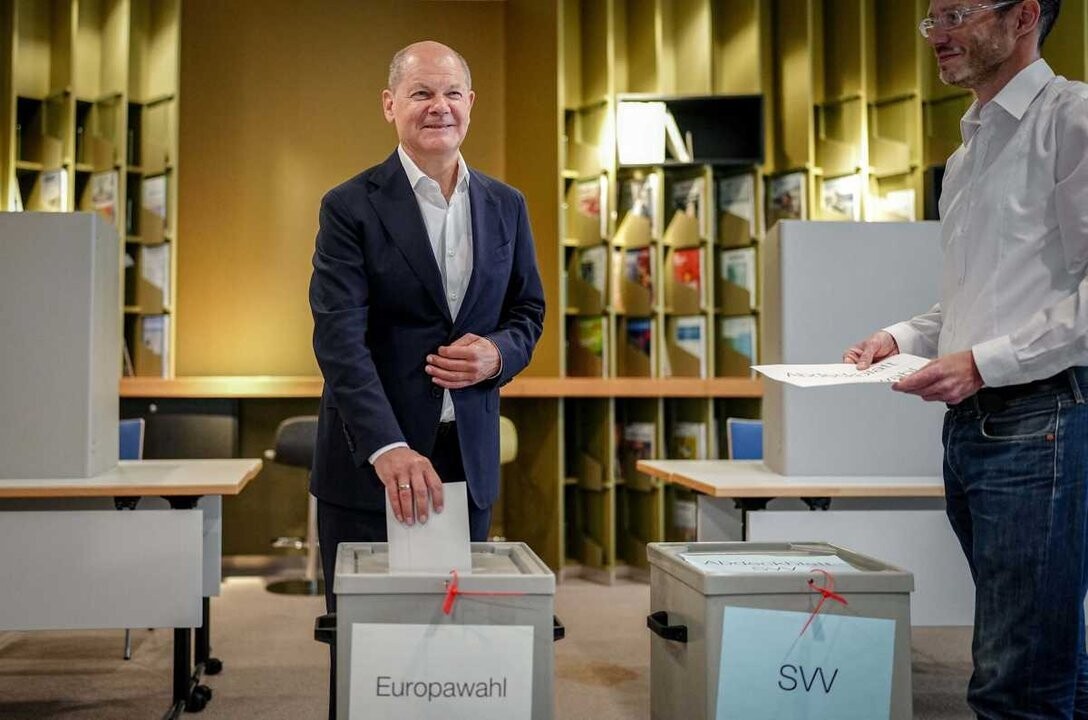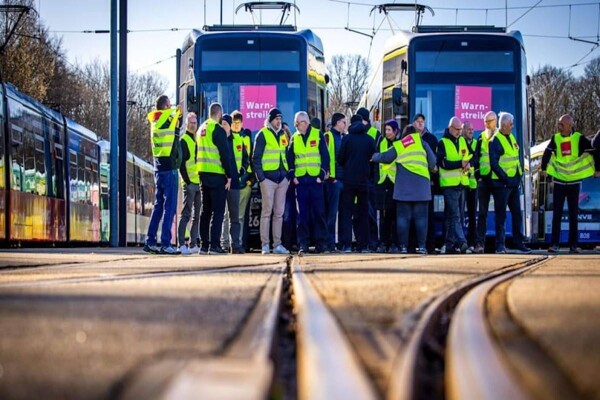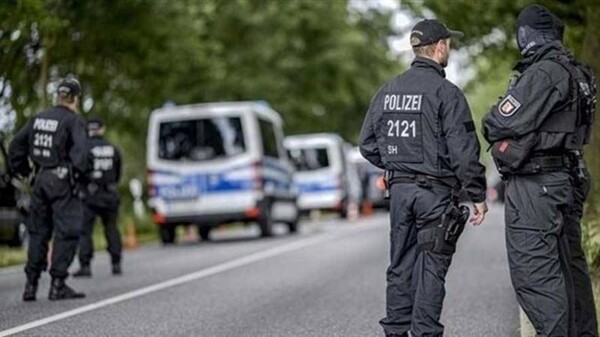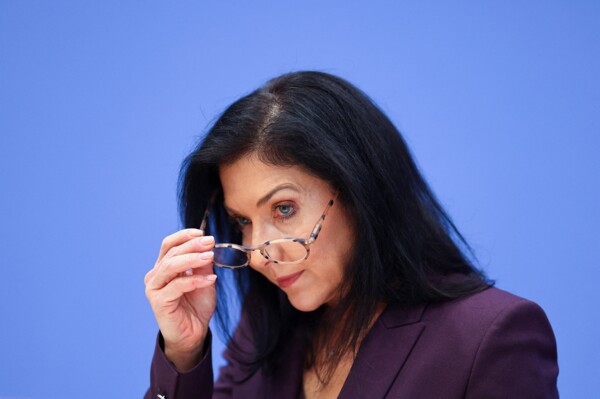
In the upcoming elections in Germany, the environmental agenda has become less relevant, now ranking fourth among citizens' priorities, behind the economy, immigration, and foreign policy. Under the slogan "Time for Germany", the program of candidate Alice Weidel highlights migration as its main theme, proposing "reemigration".
Olaf Scholz, the current chancellor and candidate of the Social Democratic Party (SPD), has seen his popularity decline and is in third place in the polls, with almost 16% of the voting intention. He led a government formed from the novel "traffic light" coalition consisting of the SPD, the Greens, and the Free Democratic Party (FDP), but it was interrupted in November following disagreements and the departure of the liberals.
The Greens are presenting Robert Habeck, 55, as their candidate, after his role as vice-chancellor and minister of economy in Scholz's government. In this new contest, polls give them around 13% support. Germans are preparing to elect their next government this Sunday, in an early election following the breakdown of the previous coalition.
Alice Weidel, 46, is the candidate of the far-right party AfD, positioning herself in second place in the polls with about 21% of voting intention. Although her sector is rejected by the main political forces in Germany, an increase in her popularity has been observed in recent regional elections.
On the other hand, Friedrich Merz, 69, and candidate of the Christian Democratic Union (CDU), is the favorite in these elections, leading the polls with nearly 29% of voting intention. It is expected that, as no party has enough support to govern alone, the next government will have to be formed through political alliances.
These elections are taking place in the context of an economic crisis in Germany, in addition to challenges such as the situation in Ukraine and the possible influence of Donald Trump's return to the White House. The revision of immigration policies and national security are also central themes in the electoral campaign, which will define the political direction of the country in the coming years.














